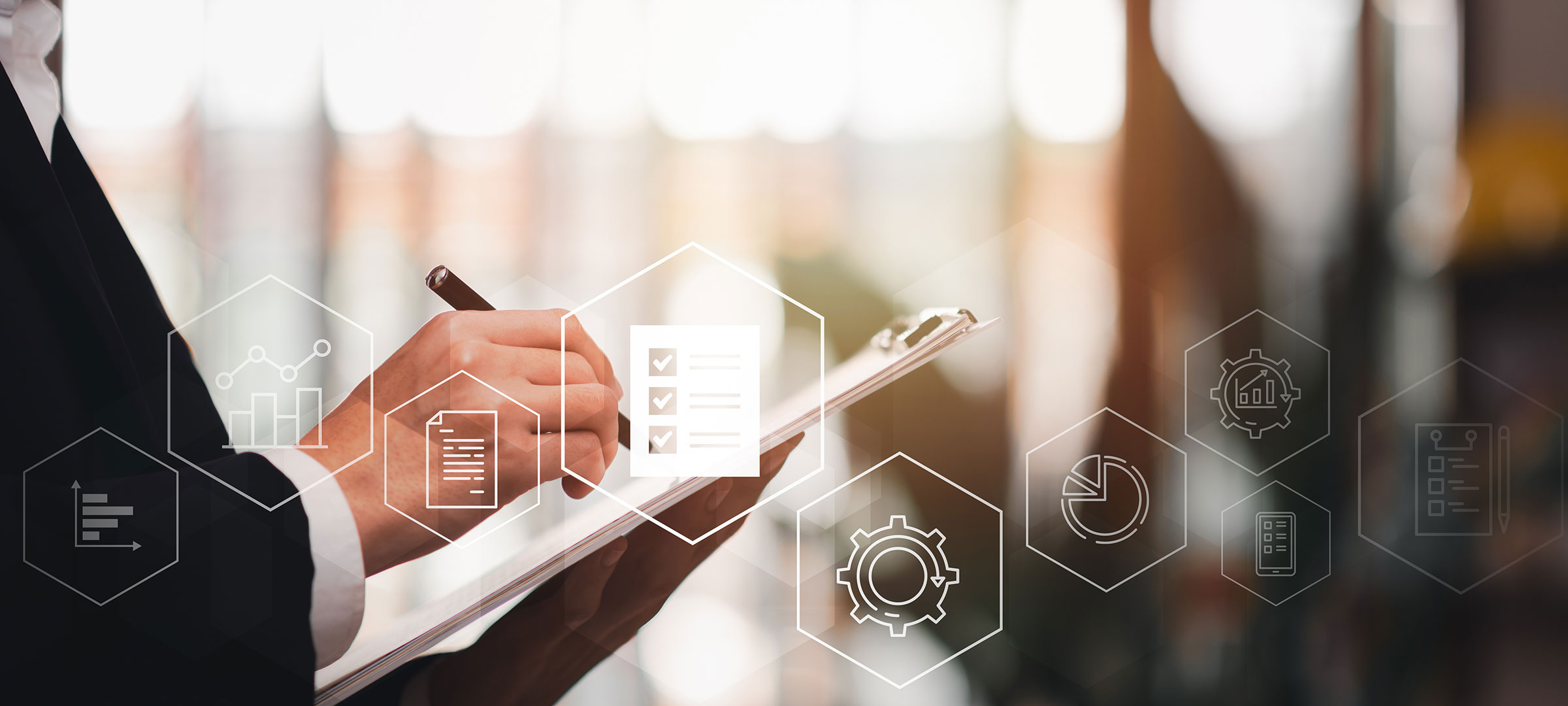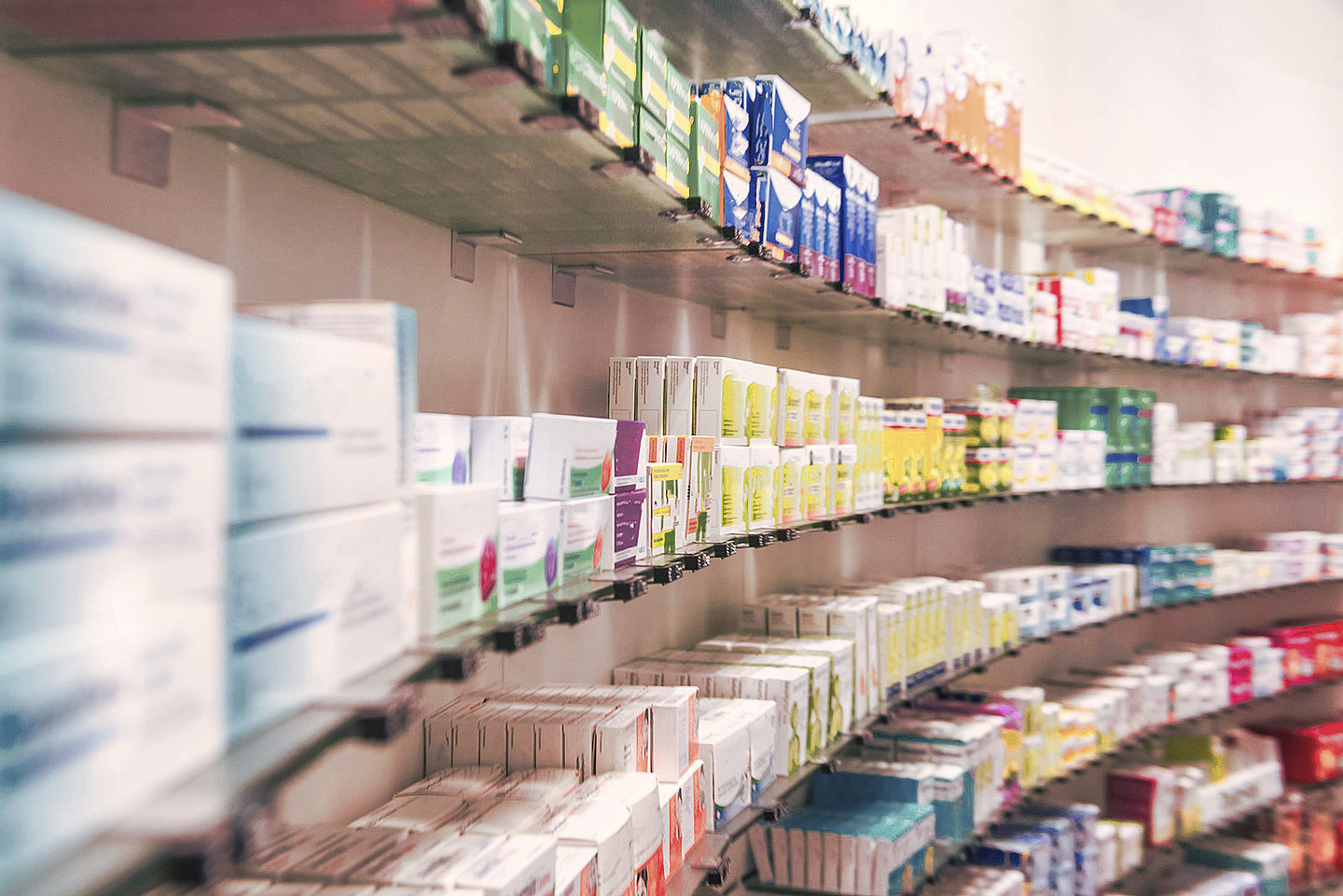

Lighting the way
Home
About us
We are navigators …EUDRAC is a European specialised regulatory affairs and pharmacovigilance consultancy company providing support to our clients to drive products through development, registration, market launch and post-approval activities across all EU countries.
We are based in Germany, France, Switzerland and the UK since 2002.
Our customised packages aim to meet the requirements of both small and large healthcare companies. We have become valued and integral members of our clients' project team.
This has lead to a high level of repeat business and ongoing long-term assignments with our clients and is proof of the excellent service EUDRAC provides.
Contact us to help you to achieve your goals!
Medicinal Products
Medicinal products, also known as pharmaceuticals or medicines, are substances or preparations that are used to prevent, diagnose, treat, or alleviate diseases, medical conditions, or their symptoms in humans. They can come in various forms such as tablets, capsules, liquids, creams, or injections. Medicinal products are typically developed through extensive research, clinical trials, and regulatory approval processes to ensure their safety, efficacy, and quality. To find out more about the individual services offered in each phase, please click on one of the categories below.
Our expertise covers a wide spectrum of therapeutic areas and pharmaceutical forms. Our experienced staff (majority have more than 10 years of experience) includes pharmacists, chemists, biologists, a medical doctor, and pharmacovigilance and regulatory affairs specialists. A high level of repeat business and ongoing long–term assignments with our clients is proof of our excellent service.
We are dedicated to provide “quality for success” for your projects. Let us help you to achieve your goals!






